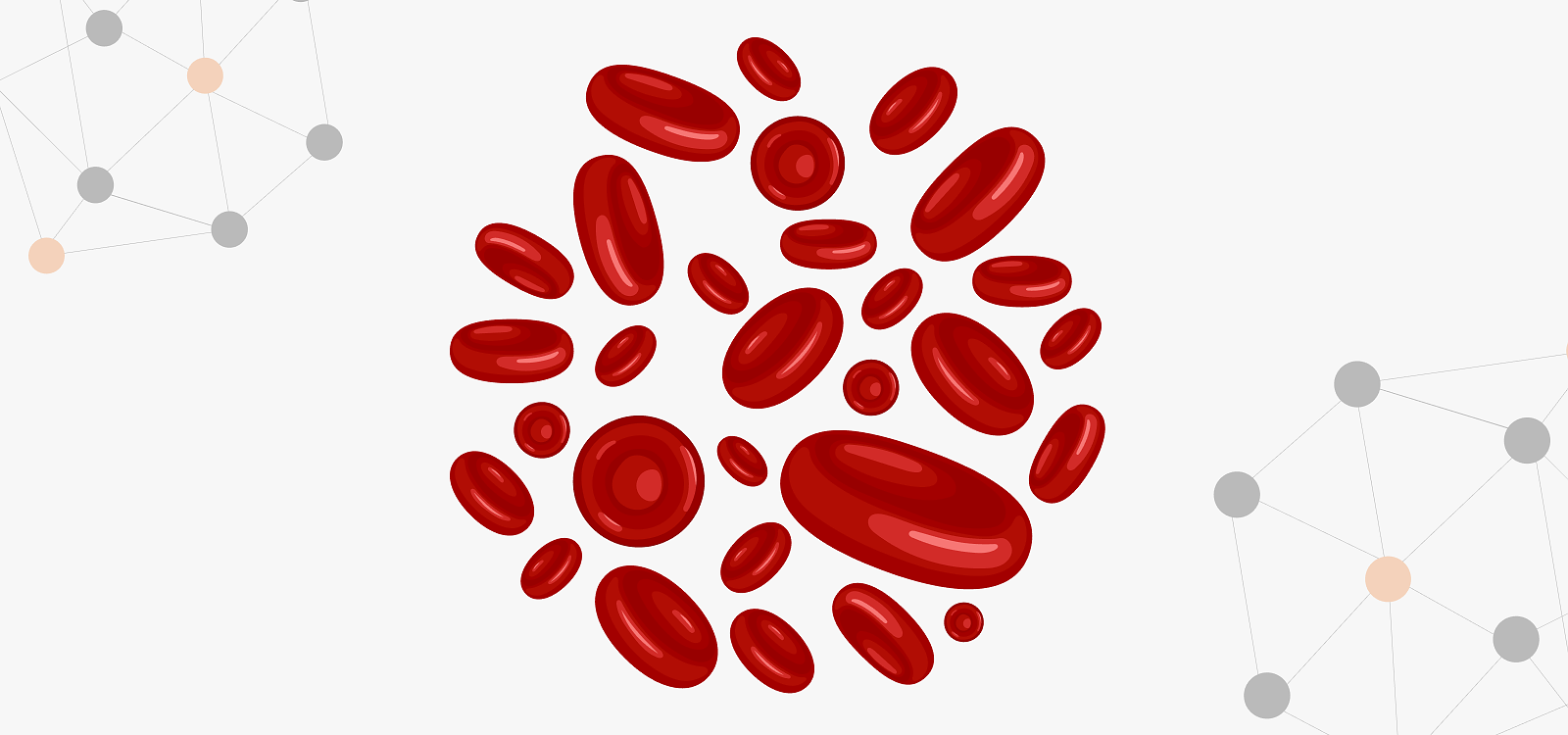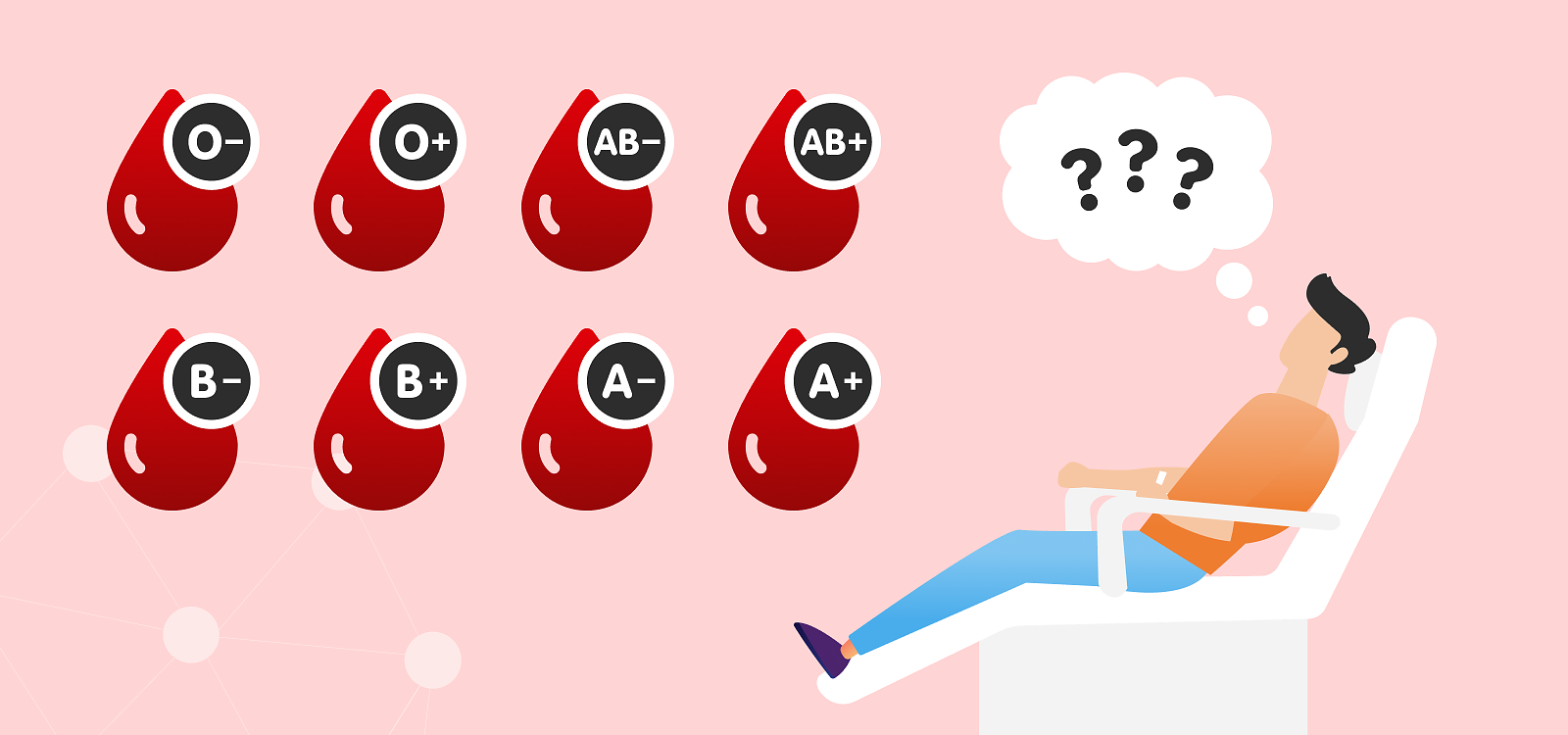Parameter Tuesday: RED BLOOD CELLS
Red blood cells or erythrocytes are small, round, biconcave cells that contain hemoglobin which carries the oxygen from the lungs to tissues and carbon dioxide back from tissues to the lungs. Red blood cells don’t have a nucleus, and they lack many of the organelles that other types of cells have. Additionally, their ability to change shape allows them to move through the smallest vessels in your body, ensuring your whole body gets enough oxygen. They are produced in the bone marrow, and their life span is typically around 120 days.
The amount of oxygen in your body is tightly connected to the amount of red blood cells in your body and their function. Making sure you have a diet rich in iron, and vitamins, especially B-2, B-3, B12, and folate, helps to keep maintain your red blood cells at a healthy level. Lack of iron and these vitamins greatly impact red blood cells and can cause problems.
High levels of red blood cells can be connected to several conditions. Low oxygen levels are a signal to the body to produce more red blood cells. Therefore, heart disease or failure, pulmonary fibrosis, or smoking can be reasons for elevated levels. Also, people living at high altitudes or athletes taking anabolic steroids or erythropoietin are known to have elevated levels. Kidney disease and myeloproliferative disorders like polycythemia vera can also cause high red blood cell counts.
When we’re talking about low levels of red blood cells and consequently low hemoglobin levels, we usually refer to anemia. This occurs when there are not enough healthy red blood cells to deliver an adequate amount of oxygen all over the body. There are many types of anemia, with iron deficiency anemia being the most common in the population. It is caused by a lack of iron in your body. Iron is needed to produce the hemoglobin for red blood cells. Low levels of red blood cells can also be caused by blood loss, certain types of cancer, or bone marrow disorders.






